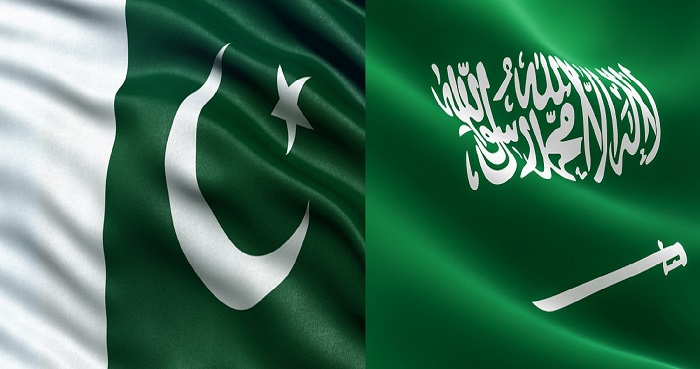Financial problems for the Imran Khan government are getting worse. Pakistan has been asked to pay back the USD 3 billion loan it took out from Saudi Arabia in a year, with 4% interest added to the loan each quarter.
This development shows how bad things have been between Riyadh and Islamabad for two years now, according to a media report.
In October 2021, Saudi Arabia agreed to restart its financial aid to Pakistan, including about USD 3 billion in safe deposits and about USD 1.2 billion to USD 1.5 billion worth of oil deliveries that would be paid for in instalments over the next few years.
People in Pakistan thought this would help them get the International Monetary Fund (IMF) to like their financing plan. But IMF asked Islamabad to do more on economic reforms last week, and not just raise taxes.
It is not clear whether China agreed to a three-billion-dollar loan for Pakistan during the recent visit of Pakistan’s Prime Minister Imran Khan. On the hike of prices, Government said that interest rates are going up all over the world. So, Pakistan’s Finance Minister Shaukat Tarin did not think it was a big deal. Four percent interest of Saudi loan is not bad, Tarin said.
However, now there is no way for Pakistan to put off paying. In the original agreement, if there had been any, it would have been written about.
The Saudi demand of payback shows that the deterioration in relations that started two years ago is still going on. Just three days ago, the Saudi Interior Minister was in Islamabad, where he was met by not just his counterpart, but also Prime Minister Imran Khan and President Alvi. All the Pakistani leaders said that the Saudi support was “unparalleled,” and that the Gulf partner was “an indispensable partner.”
The development also shows that last year’s visit by Saudi Crown Prince Mohammed bin Salman, when he was given a red-carpet welcome, did not help ease tensions. These tensions started when FM Shah Mahmood Qureshi demanded that Riyadh hold an OIC meeting to take up the Kashmir conflict with India.
Qureshi said that Saudi Arabia and other Gulf countries were “silent” on the issue because they were more interested in their growing economic ties with New Delhi than they were about the issue itself.
The move angered the Saudis and the United Arab Emirates, both of which demanded that Pakistan repay loans it had been given and they stop selling fuel at a cheap price with a payment plan. The two Gulf countries are angry with Pakistan because the country is trying to get closer to Turkey, which is their major rival in Islamic politics.
Many people in Khan’s government have said that the Gulf countries are diluting the Islamic Ummah’s stand on Kashmir in order to profit from India’s enormous energy needs. Saudi Arabia and the United Arab Emirates have not taken kindly to these claims.
Because of this, Pakistan’s efforts to play the Kashmir card in Islamic countries, especially the Gulf countries, have not worked out well for Pakistan reported by the Times of Israel. (ANI)
Works at The Truth International Magazine. My area of interest includes international relations, peace & conflict studies, qualitative & quantitative research in social sciences, and world politics. Reach@ [email protected]










